Self-proclaimed Venezuelan president Juan Guaido and his team have been convicted of holding talks with Guyana on the territorial issue of Essequibo. According to the Prosecutor General’s Office of the Bolivarian Republic, the opposition has offered to surrender Venezuelan’s historical claims to the territory of Essequibo.
El presidente venezolano @NicolasMaduro anunció que el gobierno se levanta de la mesa de diálogo hasta que el diputado opositor Juan Guaidó rectifique sus pretensiones de entregar el Esequibo pic.twitter.com/yp1ksyOcm6
— teleSUR TV (@teleSURtv) September 7, 2019
As a result, Guaido, who unsuccessfully tried to overthrow President Nicolas Maduro earlier this year, has become a defendant in a criminal case.
https://www.youtube.com/watch?v=5eIjIEKtk2s
Details
Maduro emphasized that the government is again retreating from dialogue with the opposition as a result of the Washington-backed politician’s efforts to unlawfully transfer ownership of Essequibo, a territory that Venezuela has claimed ownership over since the 19th century.
#EnVivo ???? | “El Ministerio Público y la Fiscalía General de la República tienen que actuar de manera expedita porque es un delito de traición a la Patria pretender entregar el Esequibo”, aseveró el mandatario nacional @NicolasMaduro pic.twitter.com/fWKXHTt5wv
— Prensa Presidencial (@PresidencialVen) September 5, 2019
“Until he reconsiders his demand to give up Essequibo, we will obviously not participate in dialogue for reasons of dignity and sovereignty,” Maduro said.
During his speech, the Venezuelan leader showed a video that included pictures of Vanessa Neumann, Guaido’s representative in the UK who is suspected of working for the Pentagon. Caracas also provided evidence of their claims, including an audio recording where Guaido’s assistants discuss the possibility of relinquishing Essequibo.
https://www.youtube.com/watch?v=TjaSN_Hiq1I
Guaido is seen by the government as a criminal element. Venezuela’s Vice-President Delcy Rodriguez said as much, arguing that Guaido “does not (represent) a political project,” but rather, “a criminal group”, writes Telesur.
Is there any truth to the government’s claim?
Guaido, who is recognized by the United States and several Latin American states, as the so-called “interim president” of Venezuela, has previously rejected “the historical claim our country has on the territory of Essequibo.”
According to the Venezuelan Attorney General Tarek Saab, his actions amount to treason.
An investigation was launched against two other opposition leaders, Guaido’s advisers – Vanessa Neumann and Manuel Avendaño, who were secretly negotiating the surrender of Essequibo.
Why Essequibo?
Guyana is a former colony of Great Britain: it is the only continental country in South America that is part of the Commonwealth of Nations, and the only English-speaking country on the continent. Today, it can be argued that Guyana is essentially an American colony with a transnational structure – after the election of the new ruler David Granger, ExxonMobil was invited into the country, to which the Venezuelans reacted quite harshly.
The disputed Essequibo region occupies about two-thirds of the territory of Guyana. The border was determined by the courts in 1899, but Caracas has refused to recognize the ruling. In the 1960s, with the help of British intervention, an opposition party seized power from the socialist government in Guyana (People’s Progressive Party of Guyana), and by 1966, the country was proclaimed an independent state.
Since 1962, 4 years before Guyana gained independence from Britain, Venezuela again began to demand territory west of the Essequibo River.
Most recently, in 2015, large oil deposits were discovered off the coast of the disputed territory, a likely motive for Washington’s increased participation in the region and attempted use of Guaido to secure its use.
Nos sostiene la esperanza, mientras que al régimen solo lo sostiene el miedo. Por eso, trata de distraer nuestra atención.
Los traidores a la patria son quienes permiten que grupos irregulares actúen en Venezuela. Desde el Parlamento, siempre hemos defendido nuestra soberanía. pic.twitter.com/Ty4KE8qJeI
— Juan Guaidó (@jguaido) September 6, 2019
Globalism vs Maduro
The confrontation between the legitimate president of Venezuela, Nicolas Maduro, and the pro-American opposition has been going on for several months. On January 21, protests against President Maduro began in Venezuela shortly after he was sworn in. The head of the National Assembly, which is currently controlled by the opposition, then illegally proclaimed himself the interim head of state. Several Western countries, led by the United States, recognized Guaido as the legitimate ruler, claiming that the elections were fraudulent. In turn, Maduro called the head of parliament a US puppet and enlisted the support of other major world powers including Russia, China and Turkey.
Despite the opposition’s stubborn claims and obstinance, Maduro, although faced with real economic and social problems, has secured popular support and loyalty of the army and law enforcement agencies.
A petition launched on August 10 condemning the illegal US economic and commercial blockade against Venezuela proved extremely popular. According to Telesur, the petition collected more than 10 million signatures.
“It is unacceptable that (Guaido) is negotiating on behalf of his fictitious government to give up Venezuelan territory, the Essequibo… I will not accept traitors at the table,” Maduro said.
The results of the popular vote will be sent to the UN for consideration by September 17.
US intervention
The United States will continue the blockade of Venezuela, and continue to punish the country by leveling political and economic pressure while offering support to domestic pro-Western puppet candidates in order to ultimately gain control of Venezuelan oil resources. Caracas openly warned the people that opposition politicians are trying to “drain our resources and transfer them to foreign powers.”
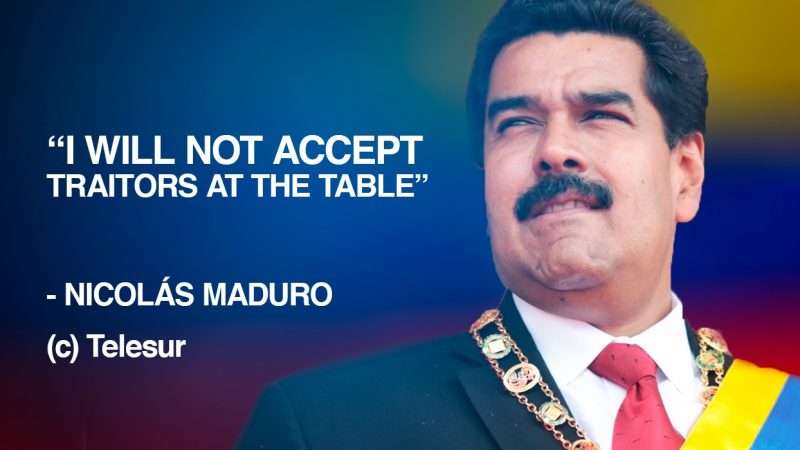
“Besides being rich in forests, minerals and oil resources, the Essequibo has a privileged geopolitical position, for it links the Caribbean Sea with the Orinoco River.
In 1899, however, this vast area was stripped of Venezuelan ownership due to an arbitration which was rigged by the United States and the United Kingdom,” Telesur wrote, describing the motivations for Western intervention.
The situation is exacerbated by the renewed conflict with Colombia, Venezuela’s regional rival. According to Maduro, the Colombian authorities are playing a heavy role in the conflict, including supporting Guaido, carrying out false flags and guerilla warfare operations.
Meanwhile, the United States, despite heavy setbacks, is not ready to give up the fight. A curious Foreign Affairs article entitled “Washington Must Give Up on an Ideal Strategy in Favor of an Achievable One,” talks about “Plan B” in Venezuela, indicating that strategies have changed, but the goal of regime change remains.
“The United States must now reassess its approach. Washington shouldn’t give up its sustained focus on the crisis or its stated objective of restoring democracy and constitutional order, but it does have to accept the facts on the ground and recognize that maximalist demands are unhelpful.”
Thus, the United States will continue to put pressure on Maduro until they overthrow the rival government, or until the economy recovers (which is within the realm of possibility, as UWI previously wrote) and the pro-Western elements are imprisoned. Thankfully, law enforcement agencies are still on the side of the legitimate president.







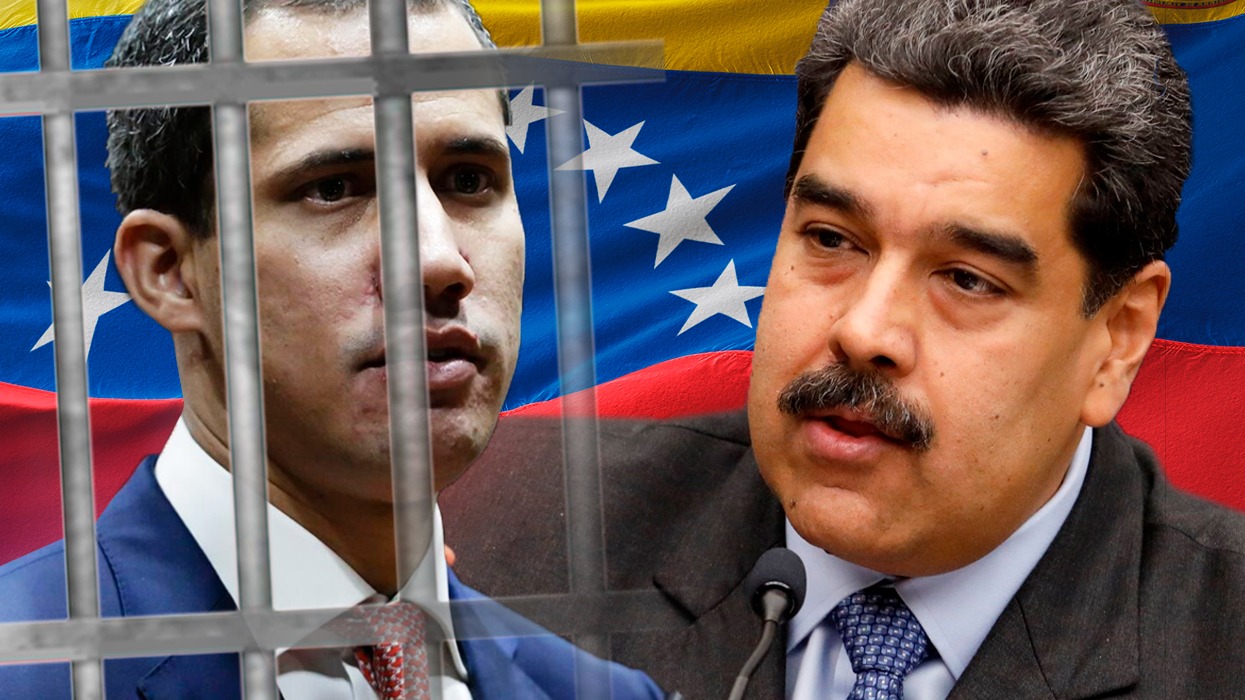
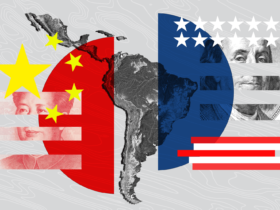


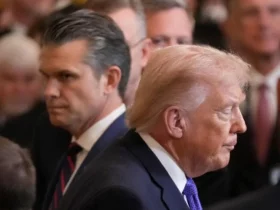



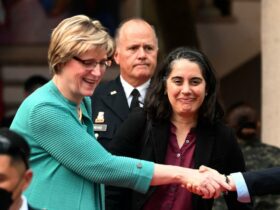

Leave a Reply